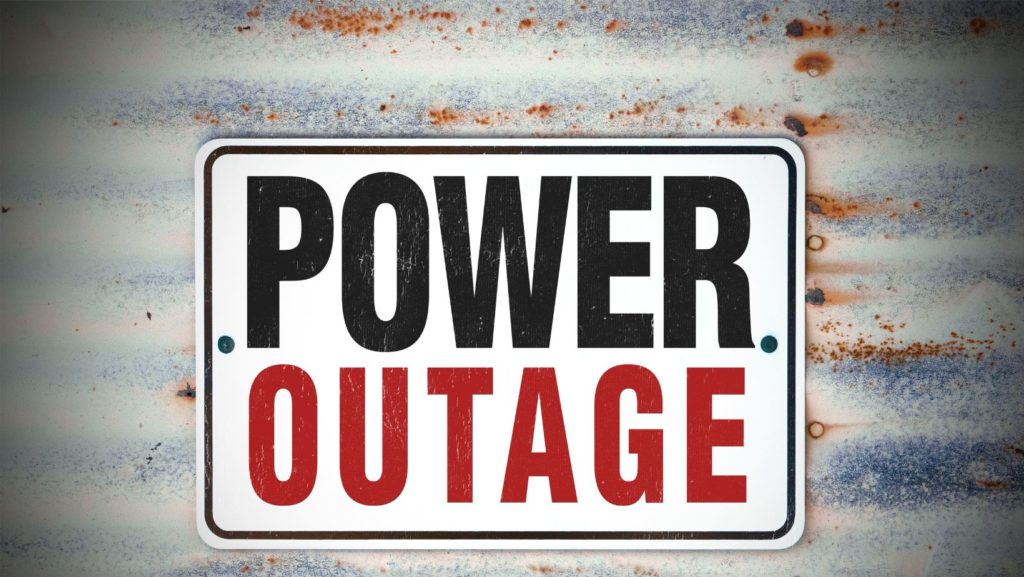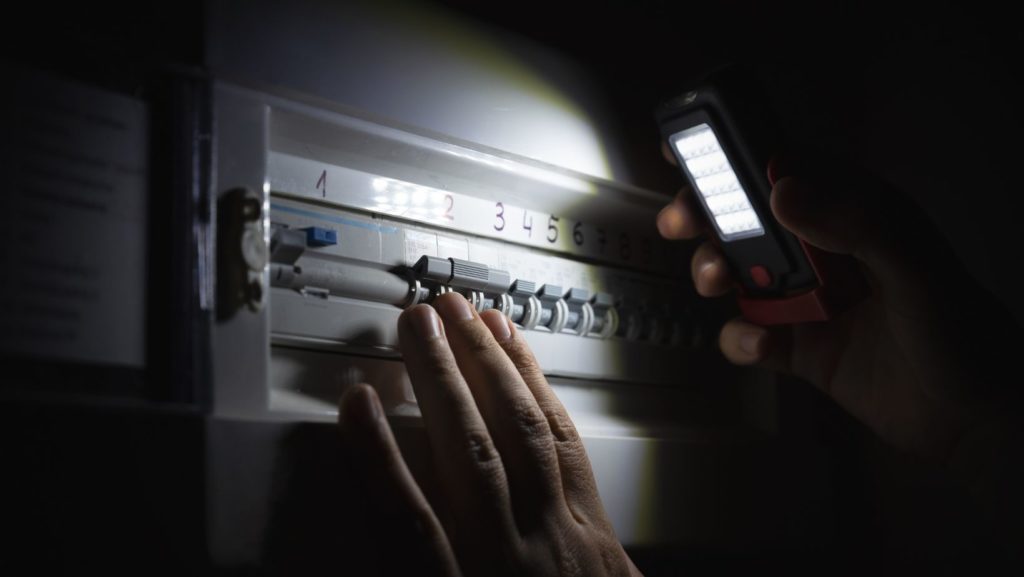In an era where power outages have become increasingly common due to extreme weather events and aging infrastructure, the reliability of our energy sources is more critical than ever. This scenario has led many to explore alternative energy solutions, with solar energy emerging as a prominent option. The question, however, remains: can solar energy be a reliable source during power outages?
Solar energy, harnessed from the sun, offers a sustainable and eco-friendly power solution. Unlike traditional power sources, which are often susceptible to outages due to grid failures or maintenance issues, solar energy presents an opportunity for greater energy independence. This blog post will delve into the viability of solar power as a dependable source during power outages, examining the technology, systems, and strategies that make this possible.
Basics of Solar Energy Systems

At the heart of solar energy systems are solar panels, which convert sunlight into electricity. This process, known as photovoltaic (PV) conversion, is facilitated by semiconducting materials within the panels. The generated electricity is then converted from direct current (DC) to alternating current (AC) using an inverter, making it usable for household needs.
A complete solar energy system includes not just the solar panels and inverter but also, optionally, a battery storage system. The battery storage is particularly crucial in the context of power outages. When the grid is down, a solar system with battery storage can continue to supply power, independently of the grid. The capacity and efficiency of these batteries are key factors in determining the reliability of solar energy during outages.
Solar Energy During Outages: Key Factors
The reliability of solar energy during power outages largely hinges on the presence and capacity of solar batteries. These batteries store excess energy produced by solar panels, which can then be used when the panels are not generating electricity, such as during night-time or on cloudy days. The capacity of these batteries determines how long your home can be powered during an outage.
However, the effectiveness of solar energy during outages also depends on weather conditions and sunlight availability. Solar panels need sunlight to generate electricity, so their output can vary based on the time of day and weather conditions. This variability underscores the importance of having a well-sized battery system to ensure a consistent power supply during outages.
Grid-Tied vs. Off-Grid Solar Systems
There are two main types of solar systems: grid-tied and off-grid. Grid-tied systems are connected to the public electricity grid and can feed excess energy back into the grid. However, most grid-tied systems are designed to shut down during power outages for safety reasons, preventing them from providing power during these times.
Off-grid systems, on the other hand, operate independently of the public grid. They rely entirely on solar panels and battery storage, making them ideal for providing power during outages. However, they require a more significant investment in battery storage to ensure adequate power supply, especially during prolonged outages or less sunny days.
Hybrid Solar Systems: Combining the Best of Both Worlds
Hybrid solar systems offer a balance between grid-tied and off-grid systems. These systems are connected to the grid but also include battery storage. During a power outage, the hybrid system can disconnect from the grid and run independently, using the stored energy in the batteries. This setup provides the reliability of an off-grid system while still allowing you to benefit from being connected to the public grid.
The advantage of hybrid systems is their versatility. They provide power during outages while also allowing homeowners to take advantage of net metering policies (where available) by feeding excess energy back into the grid. This flexibility makes hybrid solar systems an increasingly popular choice for those seeking reliability and efficiency.
Case Studies and Real-World Examples
Real-world examples underscore the reliability of solar energy during power outages. For instance, during the California wildfires and subsequent power shutoffs in 2019, homes and businesses with solar plus storage systems were able to maintain power, highlighting solar energy’s potential as a reliable backup source.
Another example can be seen in disaster-prone areas, where solar energy systems have provided critical power during and after natural disasters. In such scenarios, solar energy not only offers electricity for essential needs but also ensures continuous operation of communication and emergency services, proving its worth as a dependable energy source during crises.
Preparing Your Solar System for an Outage
Optimizing your solar energy system for reliability during outages involves a few key considerations. Firstly, ensuring your system includes a sufficiently sized battery storage is crucial. This storage should be capable of meeting your essential energy needs during an outage. Secondly, regular maintenance of your solar panels and battery system is vital to ensure they operate efficiently and reliably when needed.
Additionally, it’s beneficial to have a system that can prioritize energy usage during an outage. Modern solar systems can be programmed to supply power to critical loads, such as refrigeration, lighting, and communication devices, ensuring that the most important needs are met during a power failure.
Cost-Benefit Analysis
The cost of making a solar energy system reliable during power outages primarily involves investing in a robust battery storage system. While this can increase the initial cost of the solar system, the long-term benefits often outweigh these expenses. A reliable solar system can provide uninterrupted power during outages, avoiding the inconvenience and potential costs associated with power loss.
In addition to providing emergency power, a solar system with battery storage can offer everyday benefits. For instance, it can reduce reliance on the grid during peak price periods, leading to significant savings on your electricity bill. Over time, these savings can compensate for the additional investment in battery storage.
Future Innovations and Trends in Solar Energy
The future of solar energy in the context of power reliability is promising, with ongoing innovations enhancing its effectiveness during outages. Emerging technologies, such as more efficient battery storage systems and smarter energy management software, are making solar systems more reliable and user-friendly.
Future trends also suggest a move towards more integrated and intelligent home energy systems. These systems will not only manage solar energy production and storage but also coordinate with other home energy sources, providing a seamless and reliable energy supply during both normal operation and power outages.
In conclusion, solar energy, especially when coupled with battery storage, can be a highly reliable source of power during outages. Whether through off-grid, grid-tied, or hybrid systems, solar power offers an effective solution to maintain electricity supply during power disruptions. The key lies in proper system design, adequate storage capacity, and regular maintenance.
For those considering solar energy, Advosy Energy can provide expert guidance and solutions. Their experience in installing and maintaining various types of solar systems ensures that your transition to solar energy is seamless and your power supply is reliable, even in the face of outages. In an age where energy reliability is increasingly important, solar energy stands out as a resilient and sustainable option.

